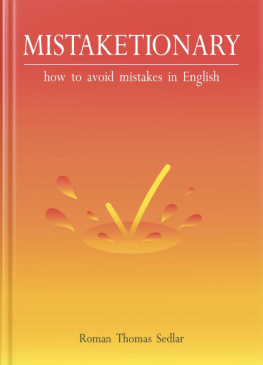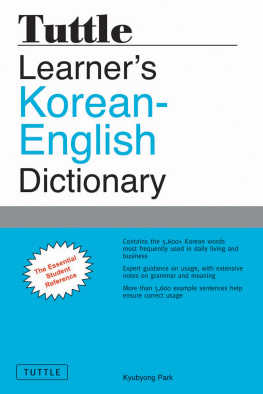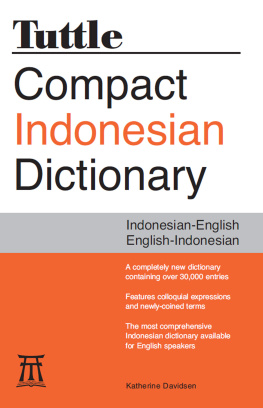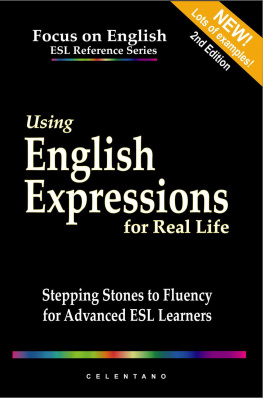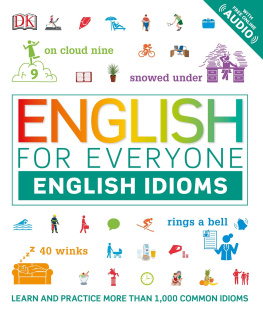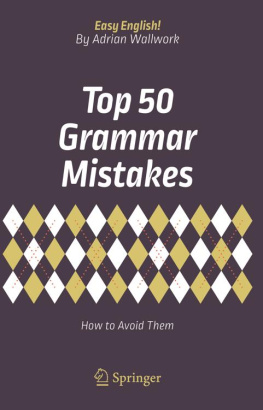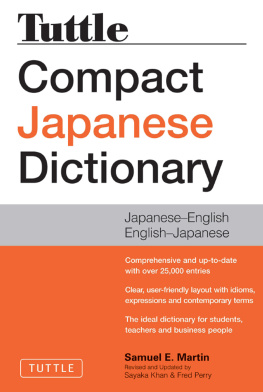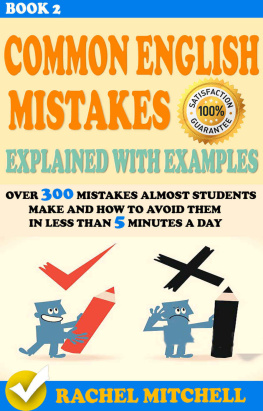Table of Contents
MISTAKETIONARY
how to avoid mistakes in English
- the sequel to ' 101x Wrong Right '
Roman Thomas Sedlar
www.romansedlar.com
Copyright
Roman Thomas Sedlar , Dipl.-Ing., M.B.A.
2020
Cover picture by DavieS.
All rights reserved. No part of this publication may be reproduced, transmitted, downloaded, or stored in or introduced into any information storage and retrieval system, in any form or by any means, without the prior written permission of the author.
If you are reading this book freely downloaded from an illegal source, please consider buying a legal copy.
Please, find the links to all author's publications at
www.romansedlar.com
www.romansedlar.co.za
Foreword
After the successful publication of the previous book explaining 101 mistakes in English, there is another sequel that will increase your awareness of correct English. This book presents another 100 common mistakes that are made by both beginners and advanced speakers. All expressions are arranged in alphabetical order as individual entries in a dictionary - hence the title 'MISTAKETIONARY'.
Each item contains an incorrect expression, and most of them come with the possible reason why the mistake occurs. The terms and expressions are then explained from the point of view of etymology (origin of words), phonetics (pronunciation), morphology (grammatical forms), or syntax (the structure of sentences).
Any of the 100 mistake items can be quickly and easily searched using the hamburger icon in any e-book reader application - it provides quick access to the alphabetical list of entries.
After reading this book, you will avoid making mistakes in English pronunciation as well as in many English phrases and expressions.
The phonetic transcription in this book is based on the IPA symbols (International Phonetic Alphabet), for example:
- cup /kp/
- about /bat/
- cat /kt/
- door /d/
- turn /tn/
t - child /tald/
d - just /dst/
think /k/
this /s/
- sheep /ip/
- vision /vn/
Abbreviations and symbols used in the book :
BrE (British English)
AmE (American English)
e.g. (for example)
List of entries :
abroad
actual
advice
advice vs. advise
advise
all, every
almond
always doing
anyone
as, like
ballet
beautifully
bomb
broad
bury
camel
chances
China
choir
citrus
climber
comb
composed
comprise
concert
cuisine
data
decision
different
difficulty
dont think
each other
else
enough
enter
even
event
eventually
every
everyday, every day
experience
fantasy
fine
fish and chips
flammable, inflammable
fruit
fruit, vegetables
good
goods
Greenwich
herd
homework
honest
hotel
how
how, what
hundred, a hundred
I dont know
if + will
in front of, opposite
information
I think so
lamb
learn, teach
life, living
listen
look
look forward
lots of, a lot of
me, I
medicine
mistake
modify
mortgage
most of
nature
neither
news
nobody + question tag
on + date
on, in
permission
picture
preface
problem
project
pudding
record
row
someone they
still, always
suit
suite
surface
their, theyre
tomb
to tear
waistcoat
will, going to
yet, still
abroad
Mistake - /brd/
The adverb 'abroad' contains the cluster of letters that is similar to the word 'road' /rd/ . That is why the word 'abroad' is sometimes mispronounced as /brd/ . The correct pronunciation is /brd/ . The reason is the origin and etymology of 'abroad' . It comes from Middle English and it consists of two parts - a // + broad /brd/ .
The same pronunciation principle works for the word 'broad' /brd/ , which also has nothing to do with 'road' or its pronunciation.
Correct - /brd/
actual
Mistake - Internet crime is an actual problem in many countries.
The adjective 'actual' doesn't mean 'at the present time' , but it means 'real' or 'exact' . This word belongs to the group of words called false friends because it looks and sounds similar to a word in another language, but it differs significantly in meaning.
There are more words belonging to the same category of false friends, such as 'eventually' (= at the end), 'fantasy' (= a type of literature), or 'preservative' (= a chemical substance).
Correct - Internet crime is a current / present problem in many countries.
advice
Mistake - Here are some advices for lazy students.
The noun 'advice' is uncountable, so it is not used in the plural. If for some reason you want to express a specific number of recommendations, you can use the phrase 'pieces of advice' , for example '10 pieces of advice that most people ignore' .
Correct - Here is some advice for lazy students.
advice vs. advise
Mistake - Id advice him to book the hotel in advance.
There is a difference between 'advice' /dvas/ and 'advise' /dvaz/ . The difference is not only in pronunciation - an unvoiced consonant /..s/ in 'advice' and voiced /..z/ in 'advise' , but also in meaning - 'advice' is an uncountable noun, while 'advise' is a verb. Similar principles are also applied to other nouns/verbs - 'practice/practise' and 'device/devise' .
Correct - Id advise him to book the hotel in advance.
advise
Mistake - They advise that an ID card is carried with you at all times.
In English, we use the verb form (or mood) called subjunctive after the verb 'advise' . It is an abbreviated form of the clause '... an ID card should be carried ...' , in which the modal 'should' can be omitted. Similar principles are applied to other verbs such as 'suggest , recommend , or insist' .
Correct - They advise that an ID card be carried with you at all times.
all, every
Mistake - Not every water is safe to drink.
Both 'all' and 'every' are determiners - these are the words that are used before a noun to show which thing is meant. They can both be used to talk about all the members of a group of things or people. However, there is little difference in grammar. 'Every' is used with singular countable nouns (every child/student/book/) , while 'all' is used with plural nouns (all children/students/books/) and uncountable nouns (all food/wood/money/) .
There can be another determiner between 'all' and the noun (the, this, my, her, etc.) , for example 'all his money' .
Correct - Not all water is safe to drink.
almond
Mistakes - /lmnd/ , /lmnd/
In British English, the correct pronunciation of the noun 'almond' is /mnd/ . There is a silent letter 'l' , so pronouncing /lmnd/ or /lmnd/ is wrong. One of the origins of 'almond' is the Latin word 'amandula' (with no 'l' after 'a' ).
The reason for mispronouncing the word is probably the words spelling similarity of the initial letters to other words, such as 'almost' /lmst/ . Yet in some North American dialects you may hear /mnd/ or rarely /lmnd/ .
Correct - BrE /mnd/ , AmE /mnd/
always doing
Mistake - He loses always his keys.
We use the present simple to talk about habits and routines (things that happen regularly, repeatedly or all the time). As a result of this, we can use the adverb of frequency 'always' to emphasise that somebody does something at all times, on every occasion.

